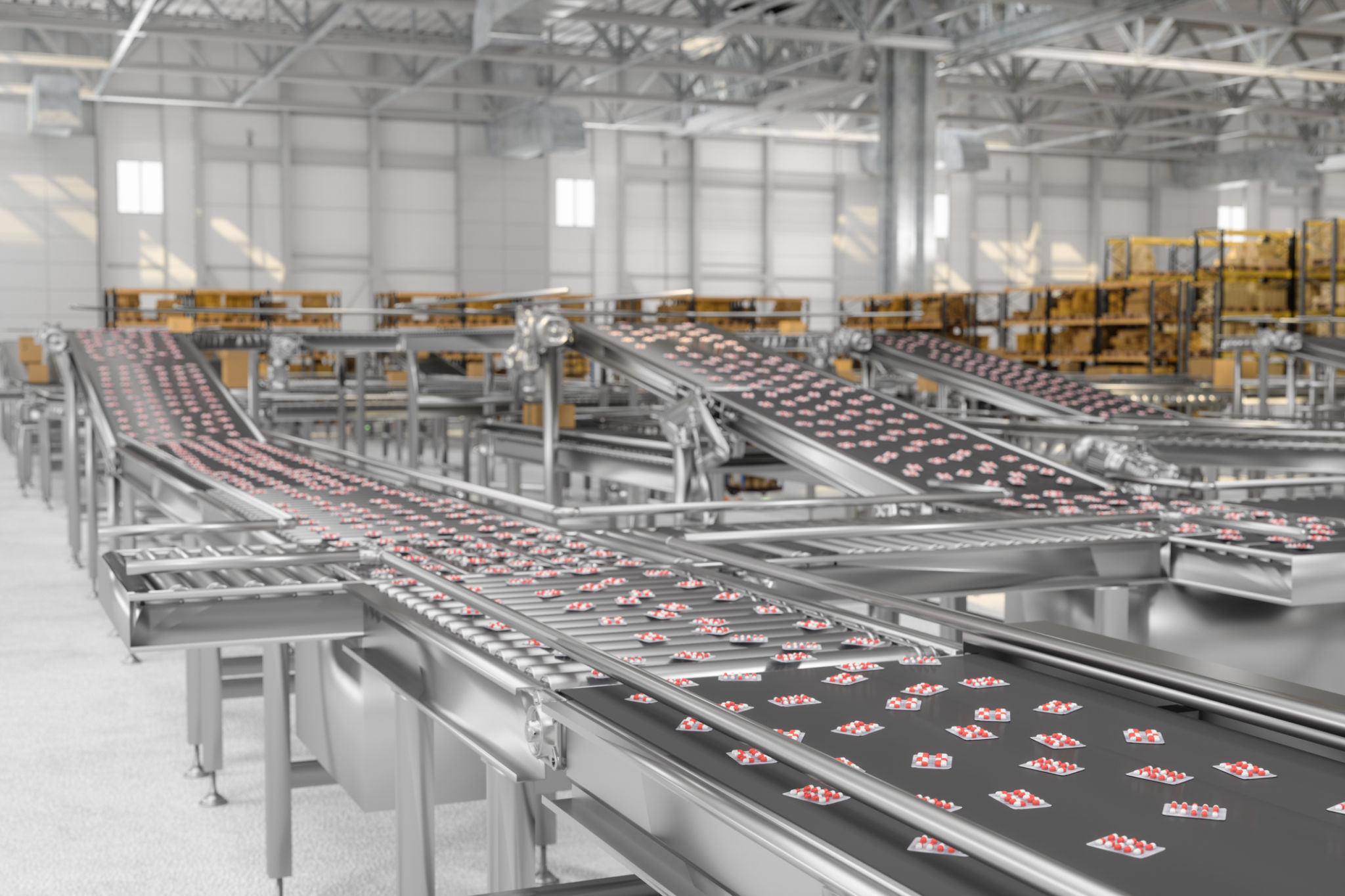Innovations in Medical Logistics: Trends Shaping the Future
Revolutionizing Medical Logistics
The world of medical logistics is undergoing a significant transformation, driven by technological advancements and innovative practices. These changes are not just enhancing efficiency but are also redefining patient care and safety. In this blog post, we explore the key trends that are shaping the future of medical logistics.

Automation and Robotics
One of the most prominent innovations in medical logistics is the integration of automation and robotics. Automated systems are increasingly being used for inventory management, reducing human error, and speeding up processes. Robotics, on the other hand, is revolutionizing warehouse operations by handling tasks such as sorting, packaging, and transportation of medical supplies.
These technologies allow for precise and efficient handling of medical products, ensuring that they reach their destinations safely and on time. As the demand for healthcare services increases, automation and robotics provide scalable solutions to meet these growing needs.
Advanced Tracking Systems
Advanced tracking systems have become a cornerstone in modern medical logistics. Utilizing technologies such as RFID and GPS, these systems provide real-time visibility into the supply chain. This enables healthcare providers to monitor the location and condition of medical supplies at every stage of their journey.

This level of transparency is crucial for ensuring that sensitive items, such as vaccines or temperature-sensitive medications, are stored and transported under optimal conditions. By minimizing delays and potential disruptions, advanced tracking systems are instrumental in maintaining the integrity of medical logistics.
Sustainability in Medical Logistics
As global awareness of environmental issues grows, sustainability has become a primary focus in medical logistics. Companies are now adopting eco-friendly practices to reduce their carbon footprint. This includes optimizing delivery routes to lower emissions and utilizing sustainable packaging materials that minimize waste.
- Implementation of electric vehicles for transportation
- Use of biodegradable packaging materials
- Optimization of supply chain processes to reduce energy consumption
These efforts not only contribute to environmental conservation but also enhance the reputation of healthcare organizations committed to sustainable practices.

Telemedicine and Its Impact on Logistics
The rise of telemedicine has significantly impacted medical logistics by altering how healthcare services are delivered. With more patients opting for virtual consultations, there is an increased need for efficient home delivery systems for medications and medical supplies.
This shift requires logistical companies to adapt by developing robust home delivery networks capable of handling a variety of medical products. Moreover, telemedicine has highlighted the importance of last-mile delivery, ensuring that patients receive their required supplies quickly and reliably.
Artificial Intelligence in Supply Chain Management
Artificial Intelligence (AI) is playing a pivotal role in optimizing supply chain management in the medical field. AI algorithms are used to predict demand patterns, forecast inventory needs, and enhance decision-making processes.
- Predictive analytics for demand forecasting
- Inventory optimization through AI-driven insights
- Decision support systems for strategic planning
By leveraging AI, healthcare organizations can achieve greater efficiency in their supply chains, minimizing waste and ensuring that essential medical products are always available when needed.

The Future of Medical Logistics
The future of medical logistics looks promising, with continuous innovations enhancing both efficiency and patient care. As technology evolves, it is crucial for healthcare providers and logistical companies to stay abreast of these trends to remain competitive and deliver exceptional service.
By embracing these advancements, the medical industry can overcome current challenges and pave the way for a more resilient and responsive healthcare system. As we look ahead, the integration of new technologies will undoubtedly continue to transform the landscape of medical logistics.
